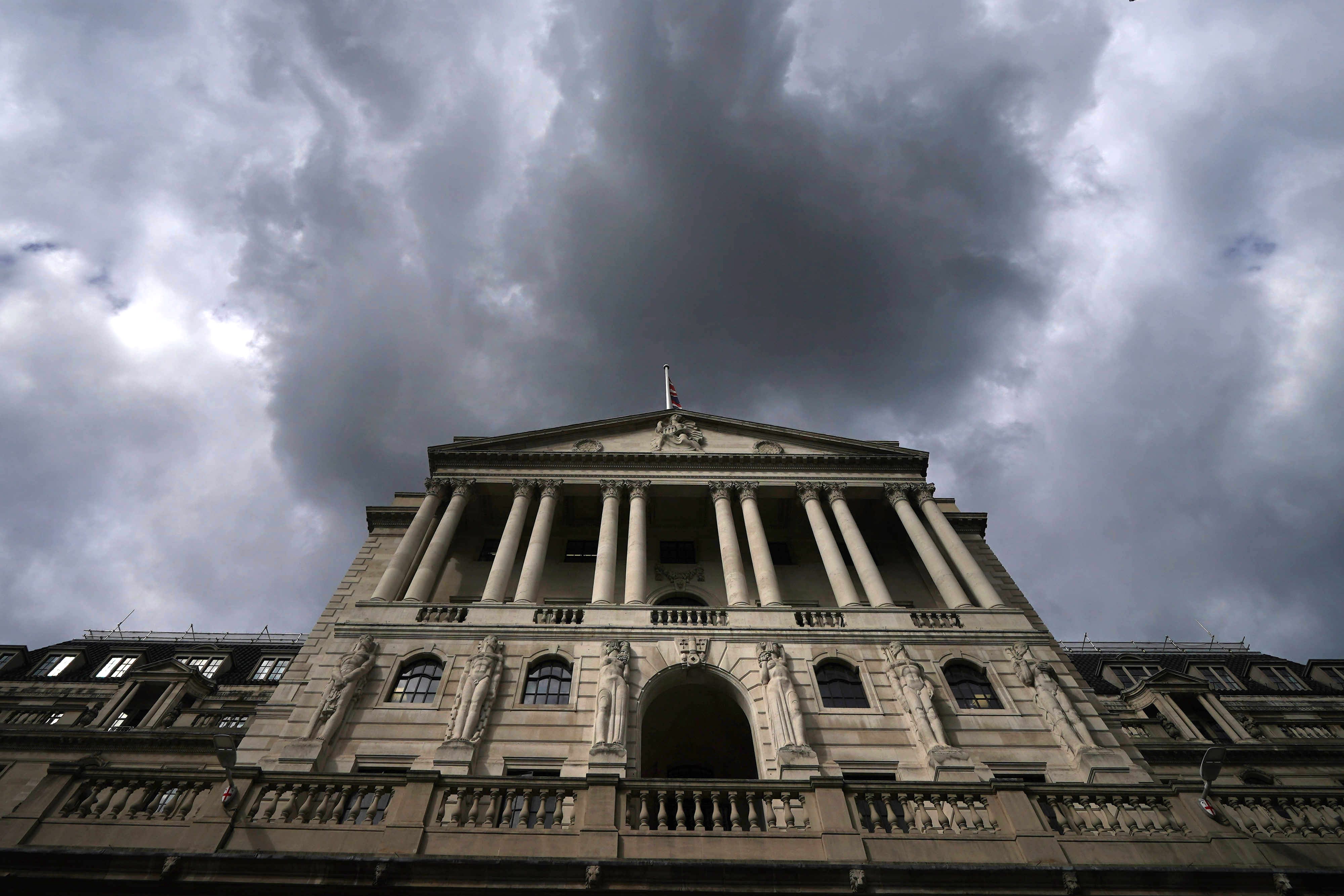Millions of households facing mortgage hike but lenders are sturdy, Bank says
Nearly one million households tied to a fixed-rate mortgage will have seen their monthly repayments soar by about £500 by the end of 2026.

Major UK banks are strong enough to handle a severe economic downturn, but small businesses and households are being squeezed by higher interest rates and living costs, the Bank of England has found.
Nearly one million households tied to a fixed-rate mortgage will have seen their monthly repayments soar by about £500 by the end of 2026, it revealed.
The central bank’s stress test found that eight of Britain’s biggest lenders are “resilient” in the face of some of the most extreme economic conditions.
It means it thinks they can handle a scenario involving persistently high inflation, rising global interest rates, deep recessions in the UK and higher unemployment.
But households and businesses are coming under pressure from higher borrowing costs, the Bank found in its latest Financial Stability Report.
The impact of higher interest rates is gradually hitting homeowners who have a fixed-rate mortgage deal, typically for two or five years.
Further deterioration of households’ finances, including higher mortgage or rental payments, could increase pressures on households, potentially leading to higher consumer credit arrears or default rates
The average household will see their monthly interest payments go up by about £220 if they are refinancing during the second half of this year and see their rate go up by about 3.25 percentage points.
Nearly a million people could see repayments soar by £500 a month by the end of 2026, while less than half a million could face a monthly jump of more than £750.
Some four million fixed-rate mortgage holders are still set to face a hike in borrowing costs between now and the end of 2026.
Buy-to-let landlords are also being impacted by higher mortgage rates, which has caused some to sell up or pass on higher costs to renters, the Bank found.
The Bank said in its report: “Although the proportion of income that UK households overall spend on mortgage payments is expected to rise, it should remain below the peaks experienced in the global financial crisis and in the early 1990s.
“UK banks are in a strong position to support customers who are facing payment difficulties. This should mean lower defaults than in previous periods in which borrowers have been under pressure.”
Nevertheless, people are using more credit, and the number of borrowers falling into arrears on their payments ticked up slightly in the first quarter of 2023, the report revealed.
“Further deterioration of households’ finances, including higher mortgage or rental payments, could increase pressures on households, potentially leading to higher consumer credit arrears or default rates,” the Bank cautioned.
Furthermore, businesses are coming under pressure from higher borrowing costs, especially smaller firms with more debt, it said.